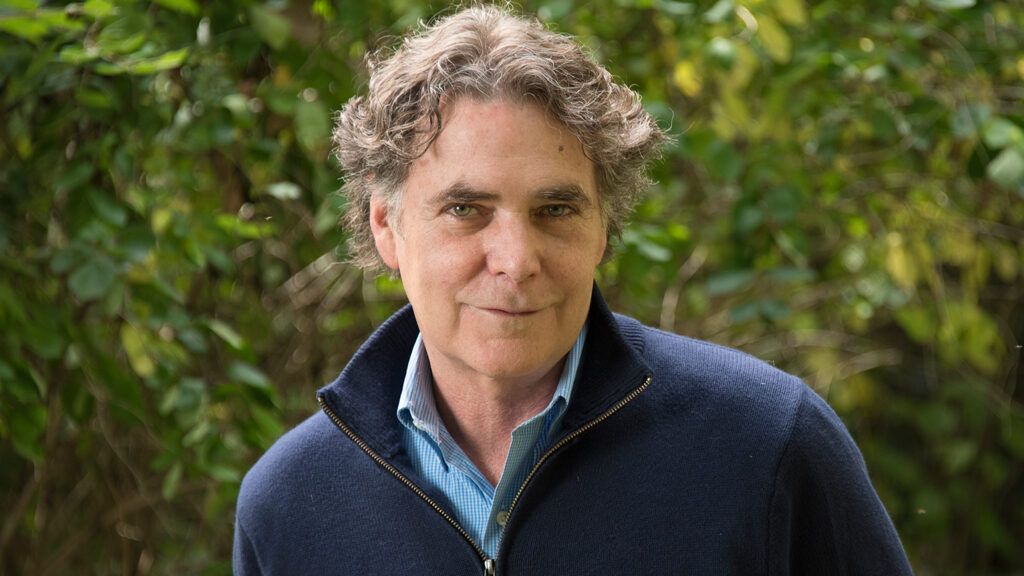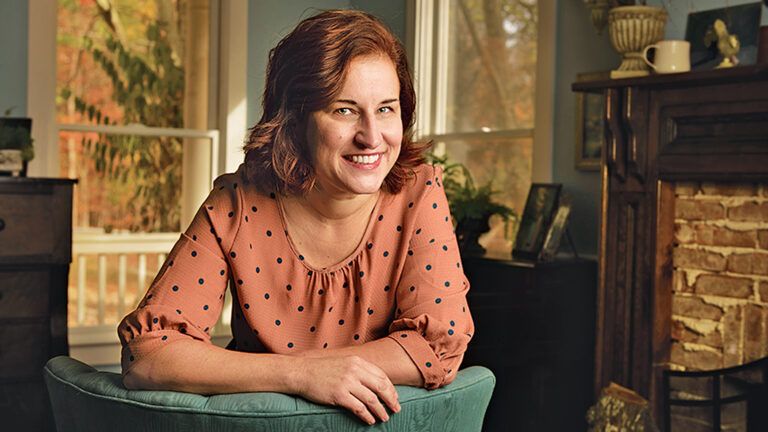It’s been more than three years since my brother-in-law Mick took his life. Like Robin Williams, he was brilliant and talented. He never saw the heights of fame that Williams did, but he certainly knew the same depths, the depths of depression and addiction that so many people in this world struggle with hour by hour.
William Styron wrote an article about his sudden plunge into despair for Guideposts back in 1994. He called depression “a storm in the brain.” A great gale. A tempest. Almost beyond understanding for those who hadn’t faced those roaring winds of the psyche.
Death is rarely a decision. The exception is suicide and Robin Williams’s death compels us to face a subject few are comfortable discussing. It is the one way of dying that is taboo.
It frightens us because, in truth, everyone has thought about–or “ideated”–suicide. Most people have never come close to killing themselves but knowing we can is a unique quality of being human. People who say they haven’t ever thought about it must not think very much.
No one commits suicide because he’s bored or just in a very bad mood. It’s because he has hit a wall of intractable emotional pain that he’s lost all hope of getting through…or over or under or around. The pain feels unsurvivable. He is killing the pain as much as he is killing himself. There’s little difference between the two.
Imagine a pain so deep that it can defeat our most primitive imperative: self-preservation.
Mick’s suicide was not really a surprise. But it was still a shock…with long shockwaves. He didn’t leave a note, just an empty bottle of pills he’d filled that morning, leaving no room for doubt. I wonder if someone had been there–Julee, me, anyone–if it would have made a difference. I guess that’s survivor guilt.
Robin Williams had many friends. How many are asking, “What more could I have done?” Nothing, probably. But the question never really goes away.
In my book, The Promise of Hope, I wrote about my own near-suicide attempt. I sat precariously on a hotel windowsill, one leg inside the room and the other leg dangling over a 21-floor void.
I had a drink in my hand I intended to finish. And another if that’s what it took. Sooner or later I would pass out on that precarious perch. Then it would be fate or physics. I was betting the laws of physics would come through for me. I was through with fate.
The reason I am here writing this today is that divine intervention rudely interrupted.
The psychic gravity that keeps so many unhappy people from destroying themselves is concern for the loved ones left behind. But a desperately depressed person convinces himself in his darkness that he is a burden on those very people: family, friends, colleagues. He sees himself as unlovable, undeserving of love and incapable of receiving it.
Suicide is the loss of love, maybe even the failure of love. The person believes all love is lost, even the love of God, the greatest loss. Without love, I can’t imagine life being livable. Hate is not the destroyer of love. Pain is.
I grew up down the street from Robin Williams, a few years later. He went to Detroit Country Day School right across the road from my brother’s house. It was kind of a landmark. “Bet ya can’t guess who went to school there, can ya?” I’ll never look at that campus quite the same again.
We kept Mick’s ashes in a nice box on the bookshelf. Mick loved reading. Even at his most down and out, living on the streets, he would hole up in a library and read. Everything. The librarians in small towns he drifted through feared they couldn’t keep up with his appetite for books.
I would have been fine leaving him there permanently nestled among his beloved books. Then last December when we were up at our little cabin in the Berkshires Julee simply said, “I have to let him go. I have to.” She’d held on so tight all these years. Love can trap us as well as free us.
She’d had his ashes blessed by the Franciscans. It was her birthday.
A few years back Mick had spent Christmas with us in the Berks and said it had been the happiest day of his life, and I know he meant it as true. I had to pretend to tie my boot so he wouldn’t see the tears in my eyes.
“Maybe I should move here,” he said, half-jokingly, knowing full well the turmoil that act would inevitably occasion. “Don’t worry,” he laughed. “But someday I’ll come back.”
Now Julee stood beneath an apple tree in the middle of the yard, flinging her brother into the breeze, watching the ashes drift to the ground, a light cold rain soaking them into the earth. Mick had indeed returned.





